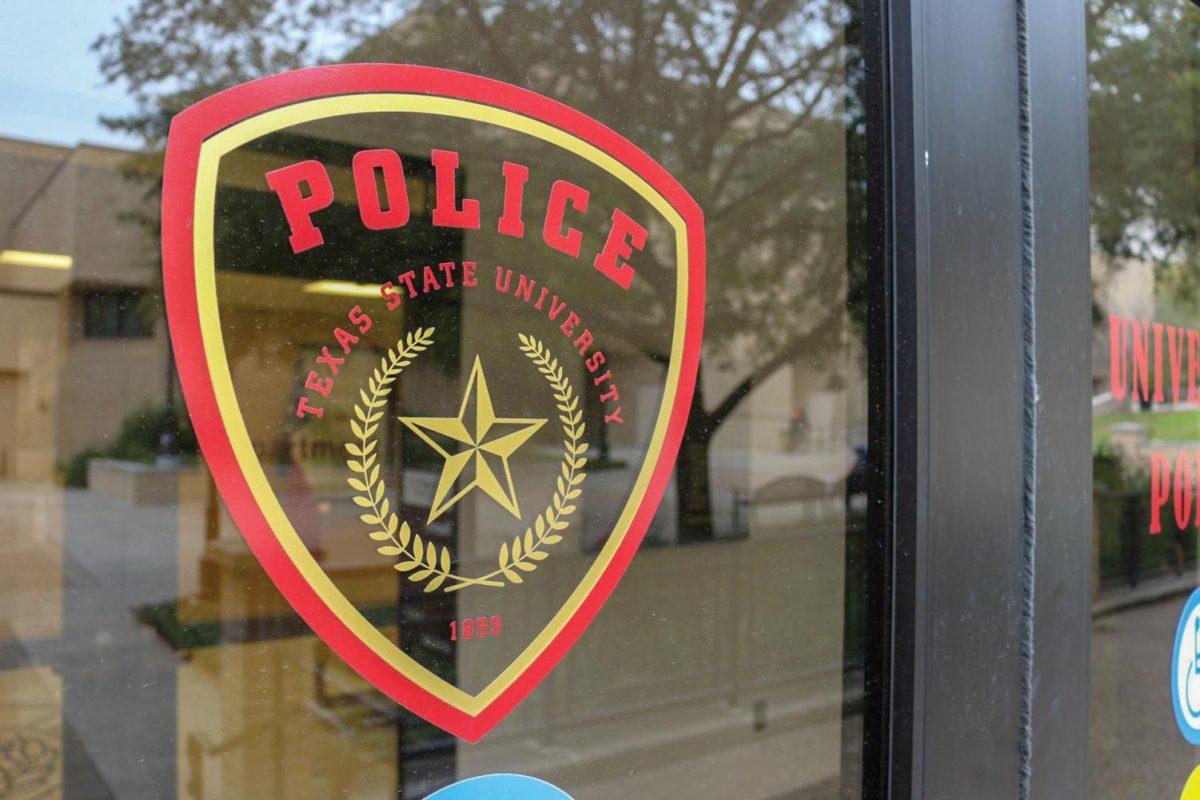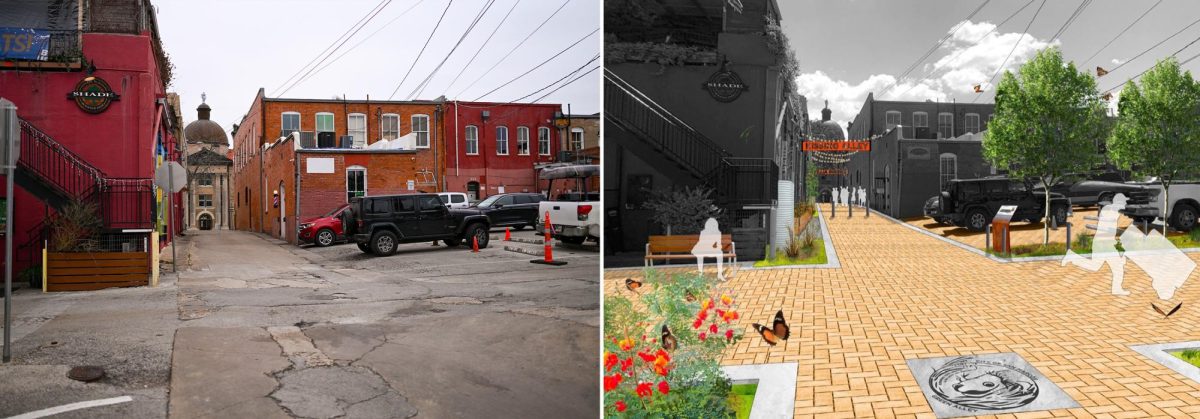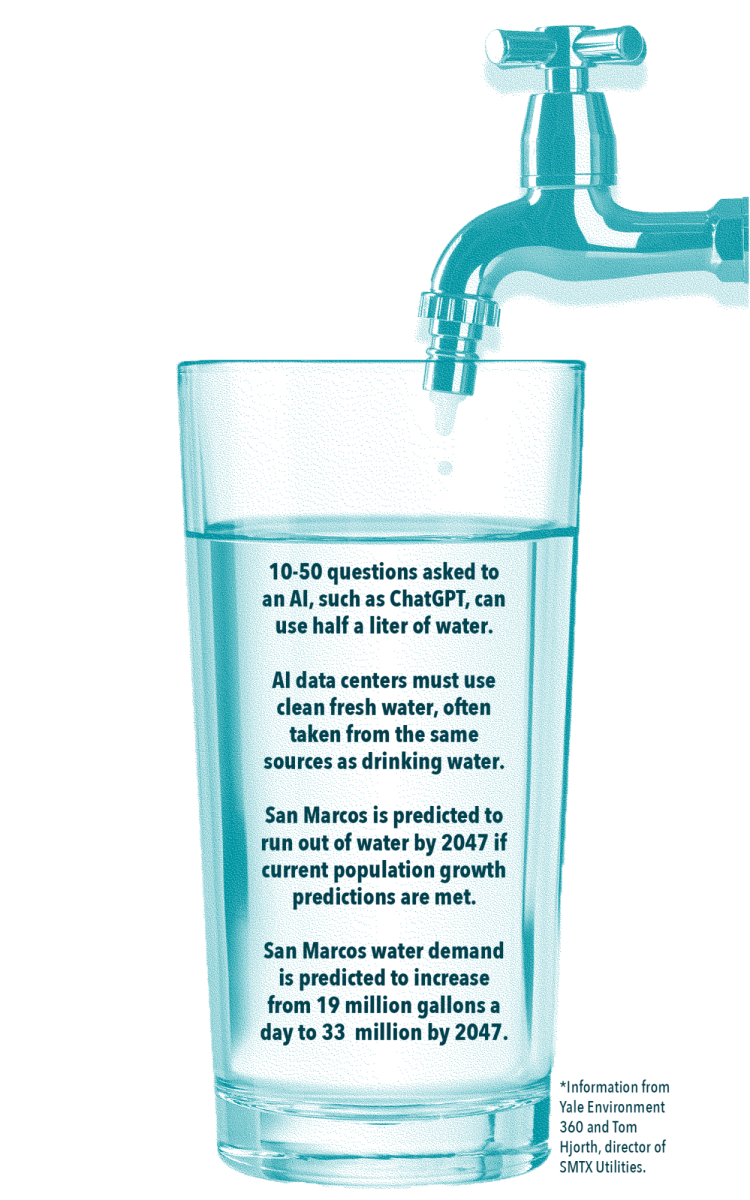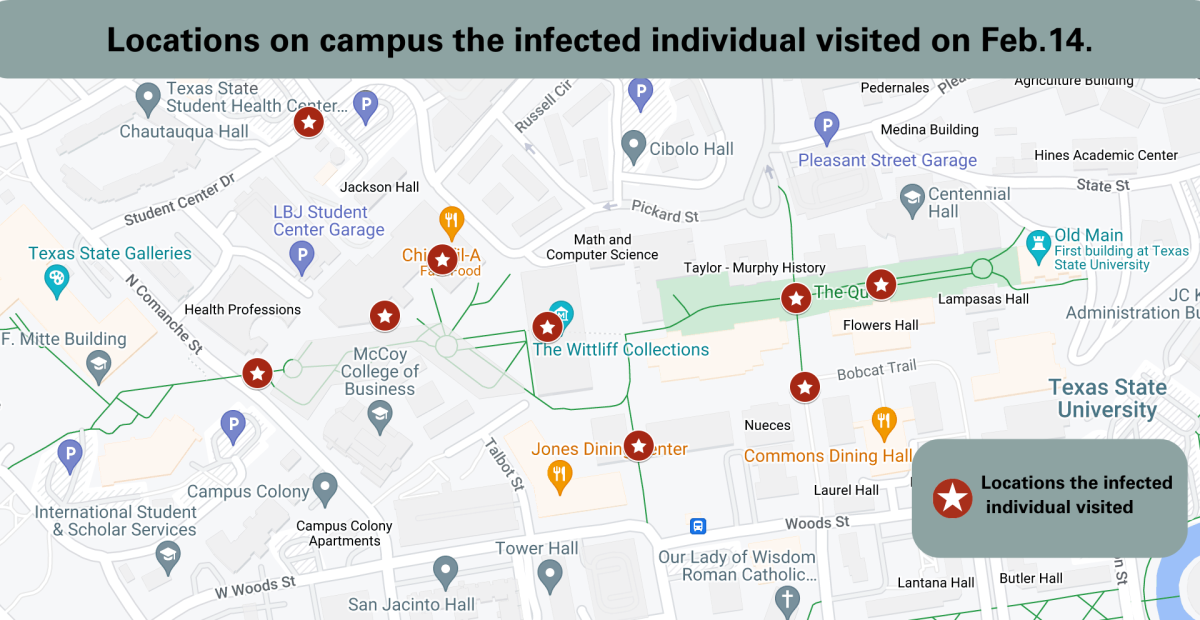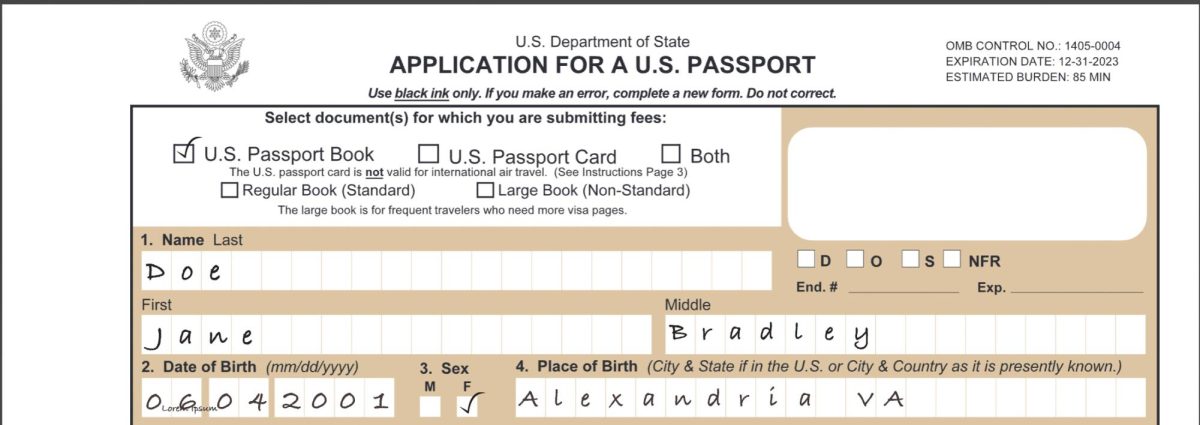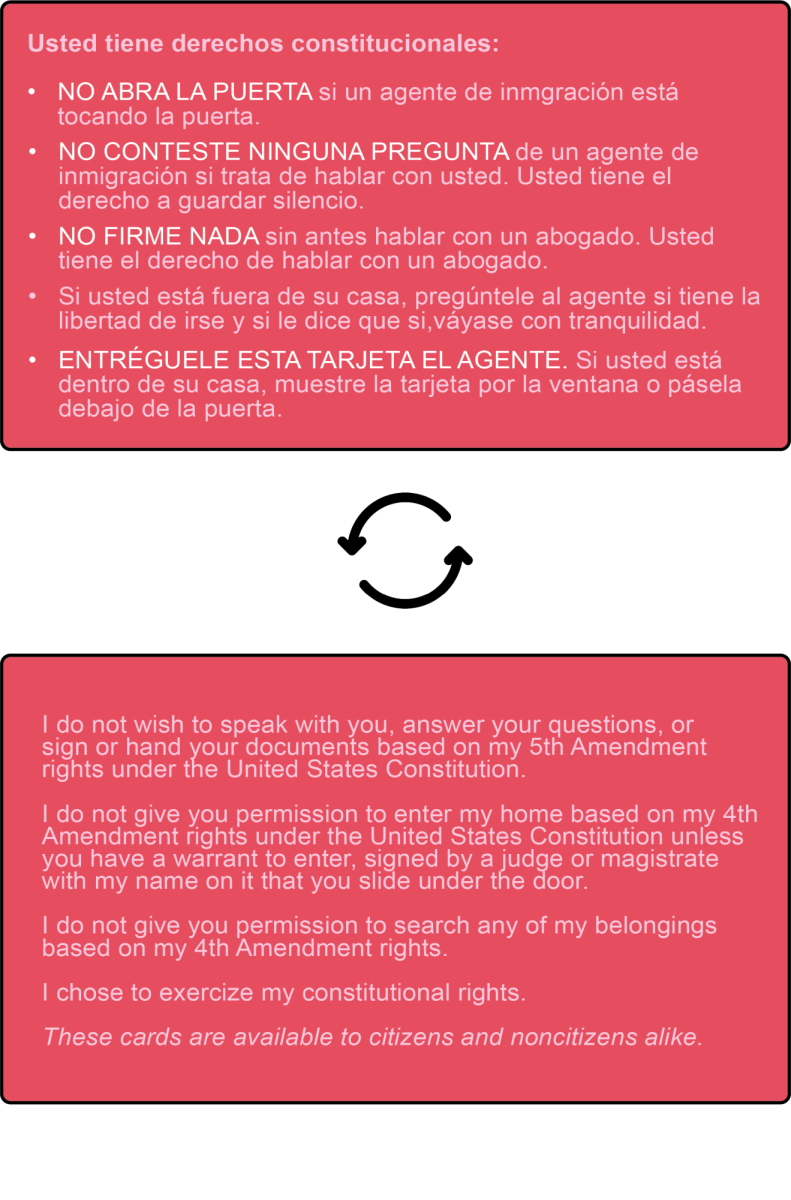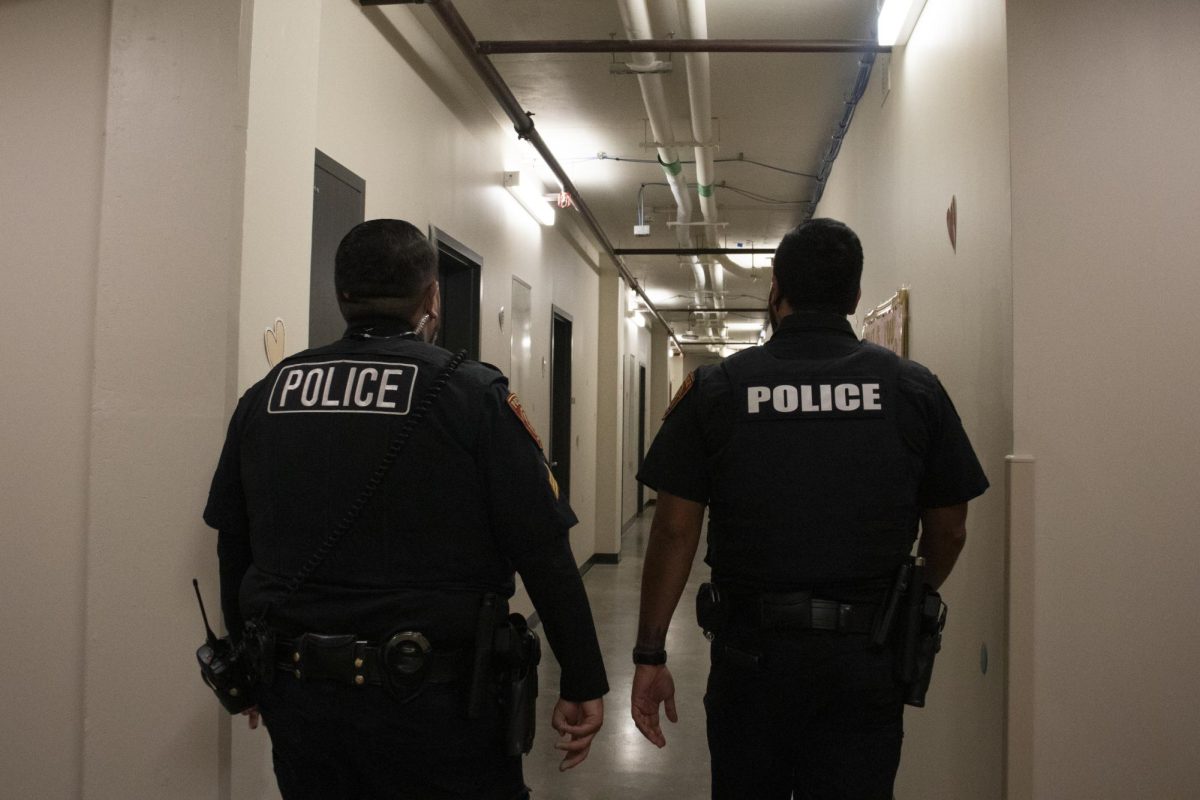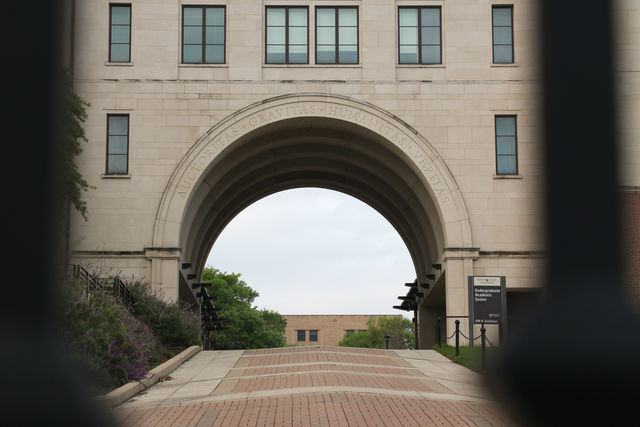Editor’s note: the paragraph regarding UPD Chief Clouse’s email communication with CSA’s was updated in order to provide context.
Texas State University participates in the campus-wide disclosure of crime statistics within one city block of all university property and follows a surprising trend to either classify information falsely or misrepresent the numbers associated with the crime report.
Annually, institutions participating in the Federal Student Aid program must disclose campus security policy and crime statistics, a process known as the “Clery” Act.
Passed by Congress in 1990, following Jeanne Clery’s sexual assault and murder in her college dormitory at Lehigh University in Bethlehem Pennsylvania, federal law mandated the reporting of crimes on campus and within a one city block radius. The law extends to university property beyond the campus’ immediate borders according to Senior Media Relations Manager for Texas State Jayme Blashke.
“According to Clery guidelines, there is a radius around campus that criminal reports need to be included,” Blashke said. “It roughly extends about a block away from campus. Anything that happens within that radius has to be reported. Any of the university properties are included.”
The purpose of the act is simple: encourage transparency among institutions of higher learning about crime statistics on or near campuses so students and parents alike are knowledgeable of criminal history. Clery herself would not have attended Leigh University had her parents known about the institution’s history of sexual assault on campus.
According to a statement from the university, Texas State is working with the Department of Education to correct deficiencies identified in prior years’ annual security reports, including a lack of Campus Security Authority identification, lack of information for the Round Rock Campus and reporting deficiencies.
“Texas State became aware of these deficiencies after the University engaged with the International Association of Campus Law Enforcement Administrators to conduct a peer review,” the statement published Sept. 14 reads.
Student Government President Corey Benbow said the confirmation of this trend on campus is alarming.
“It’s not a good feeling to understand that you may not be as safe on campus as what may have been reported previously,” Benbow said. “It really puts us in a bad position that we didn’t have accurate data out there; we rely on those numbers a lot. The data shows that Texas State is a safe campus, but obviously we know that’s not true, so that’s very disheartening, disappointing and quite frankly embarrassing.”
Benbow said work has to be done internally to hold administration accountable to report accurate numbers.
“I think we’re at a point where we can’t solely rely on the administration anymore, because time and time again, they have shown they are not doing what is in the best interest of the student body,” Benbow said.
According to the statement, a draft of the report was issued by IACLEA on Nov. 16, 2018. The following year, Feb. 4, 2019, Texas State hired a new Chief of Police Laurie Clouse who took over the department following the May 15, 2018 resignation of Chief Jose Bañales.
“The new police leadership immediately began addressing the deficiencies identified in the IACLEA report. UPD Chief Clouse formed an internal Clery Compliance Committee, a collaborative inter-disciplinary University team to ensure compliance, which first met on March 6, 2019. On May 15, 2019, Texas State participated in a Technical Assistance Conference with the DOE’s Clery Act Compliance Division to improve University protocols and directives,” the statement reads.
Clouse sent out a campus-wide email Wednesday, Sept. 11 identifying faculty and staff members as Campus Security Authorities for Texas State. The role of CSAs are defined as having significant responsibility for student and campus activities, a police or security department or individuals or offices designated to receive campus crime reports. Additionally, Clouse asked members of the university community to fill in the gaps left behind by either missing data or incomplete records.
“We are reaching out to query any crime information that may have been reported to you during the 2018 calendar year,” Clouse’s email stated.
On Oct. 1, 2019, faculty, staff and students will receive a link to the 2018 University Annual Security report via email. The University Star will continue to update this story and cover the presentation of data until it is representative of the university and San Marcos community.
Categories:
Texas State addresses ‘Campus Watch’ deficiencies
September 15, 2019
0
Donate to The University Star
Your donation will support the student journalists of Texas State University. Your contribution will allow us to purchase equipment and cover our annual website hosting costs.
More to Discover


